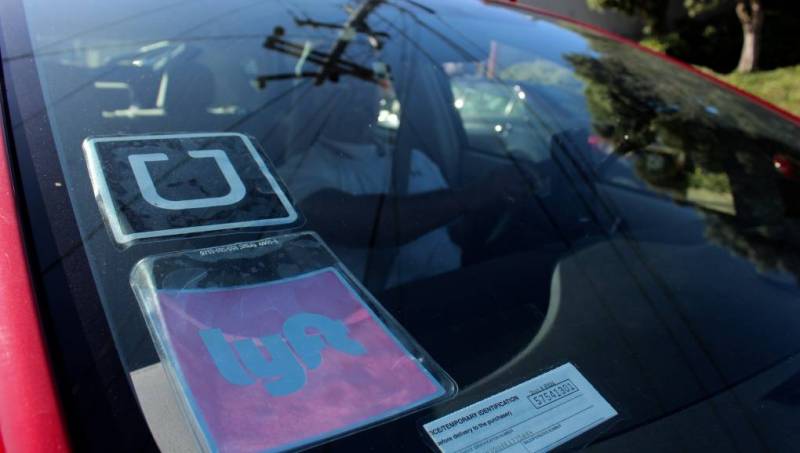More than 175 individual sexual assault cases against Uber were recently consolidated, each of which similarly claims the San Francisco-based ride-share company hasn’t done enough to protect passengers. And on Friday, the parties involved met for the first time before a federal judge in San Francisco.
Uber’s terms of use preclude class-action lawsuits against the company in cases of sexual assault. But, over the company’s objections, plaintiffs’ attorneys argued the current cases are similar enough to warrant “multidistrict litigation,” which brings together similar cases from multiple court districts.
In the coming months, U.S. District Judge Charles Breyer will hear pretrial matters that pertain to all the cases and ultimately decide whether to take on what’s called a “bellwether trial” or a smaller sampling of lawsuits from a larger group of similar cases. If he declines to do so, the individual cases will ultimately head back to their home states for trial.
This comes as another consolidated set of lawsuits was recently filed against Uber that also accuses the company of failing to adequately ensure the safety of its passengers in California.
“We think they’re putting profits over safety every day,” said Bret Stanley, a Houston-based personal injury lawyer, whose firm, Kherkher Garcia, is one of about 15 involved in Uber’s “multidistrict litigation” — or as he likes to calls it, “class action’s cousin.”

